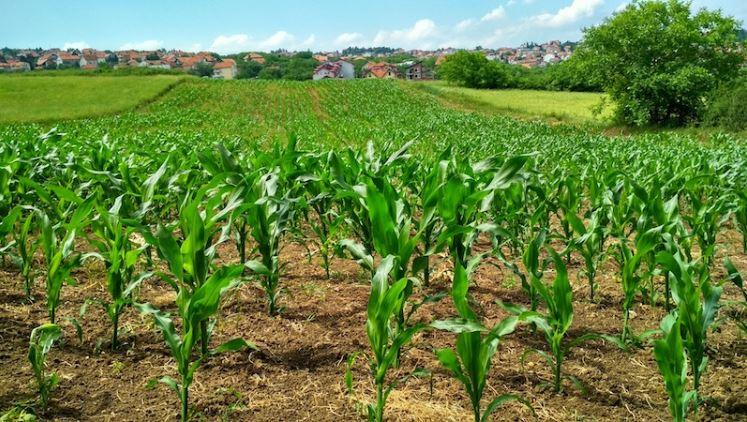Why Soil Health Matters for Food and Beverage Businesses

Why Soil Health Matters for Food and Beverage Businesses
When I speak about our work in soil health, I will often see a head tilt with a questioning look. Why would a food company have any interest in soil? That’s when I take a step back and share that 99 percent of our food comes from the soil. Being a food company, the connection is instantaneously made.
We’re out to serve the world by making food people love. That means having a sustainable supply chain that can provide us with the best quality ingredients. Our business model, in short, is to take the output of Mother Nature and farming communities, transform it into products that are relevant for consumers to get the nutrition they need in the midst of their busy lives, and market it to them.
If Mother Nature and farming communities break down, our business model becomes much more expensive to operate and our ingredient supply at risk for being disrupted. There’s evidence that the agricultural portion of our business model is under a lot of pressure, whether it’s from climate change or operating cost pressure for farmers. So, we care a lot about ensuring Mother Nature can thrive today and for generations to come. And our consumers are caring about that more and more.
We have seen incredible benefits as we have worked on soil health over the last three years. It’s one of the few single levers in the supply chain that provides so many benefits. Whether it’s more resilient and profitable farms, carbon sequestration and lower greenhouse gas emissions, better water quality and quantity management on the farm, or more biodiversity on the landscape. We love all the positive outcomes that come with healthy soil.
At General Mills we are taking a holistic approach by investing across many categories and ingredients to advance our work. Some of our most impactful initiatives include:
- Investing more than $4 million in soil health initiatives in the last three years with NGOs including The Nature Conservancy, Soil Health Partnership and the Soil Health Institute; and academic research institutions including the University of Minnesota.
- Partnering with farmers to make products with single-origin ingredients grown using regenerative practices (Annie’s Soil Matters mini-documentary).
- Converting 34,000 acres of conventional farmland to certified organic, regeneratively managed farmland (Gunsmoke Farms announcement).
- Partnering with the Savory Institute to launch Land to Market – the first verification for regenerative supply chains (Ecological Outcome Verification seal).
- Working to commercialize Kernza (Cascadian Farm announcement), a perennial relative of annual wheat whose deep roots show promise to build soil health and ecosystem resilience.
- Supporting the work of the Noble Research Institute to develop an Ecosystem Services Market built on soil health.
There is a lot of work being done within our supply chain, by others across our industry, leading NGOs and non-profits to drive and foster action. We are all striving for many of the same results. We are so excited to see the momentum on this issue in the industry. But we recognize there is much more that needs to happen. We’re up for it because we are out to serve the world by making food people love. And great food starts with healthy soil.
Image: Pexels/Flambo

